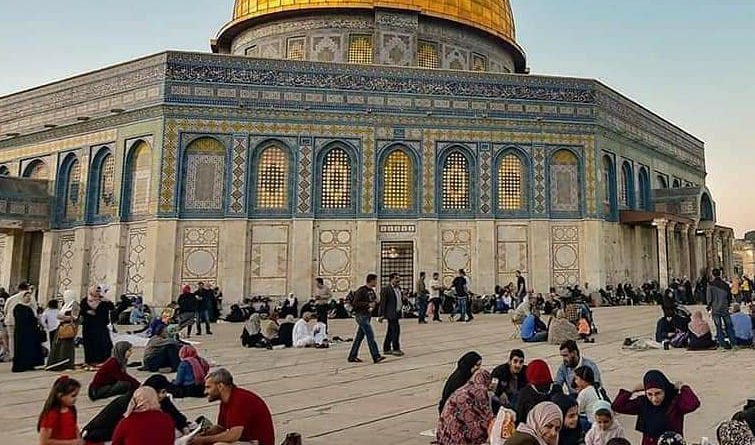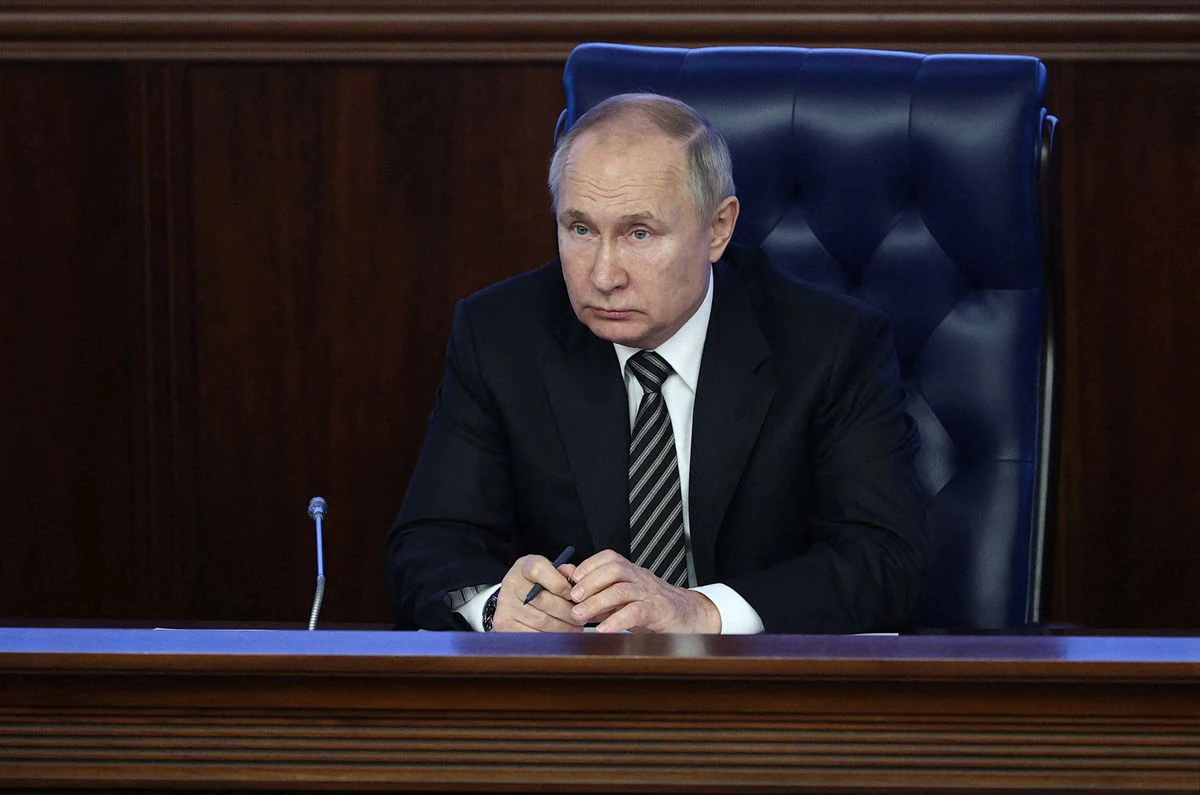Trump’s plan doomed if it fails to address East Jerusalem
by Osama al-Sharif
One of the most complex issues that threatens to derail the much-touted US plan to settle the Palestinian-Israeli conflict and beyond will be the fate of East Jerusalem. In fact, that very issue, which President Donald Trump and a few of his aides had naively suggested was off the table of negotiations following the White House’s unilateral recognition of Jerusalem as Israel’s capital in December 2017, is likely to shoot down the US initiative even before it takes off.
The fate of East Jerusalem challenged the negotiators of the Oslo Accords back in the 1990s and it was designated as one of the final status issues, to be resolved at a later stage. When interlocutors dallied with the challenge again, especially the 2000 Camp David talks between Yasser Arafat and Ehud Barak, and again in 2008 between Mahmoud Abbas and Ehud Olmert, disparity over the future of East Jerusalem emerged as the main deal-breaker.
Pretending to take it off the table of negotiations will change nothing for Palestinians, Arabs, Muslims and the majority of nations. East Jerusalem, which Israel annexed soon after the 1967 war, will remain as the crux of the conflict. While negotiators may agree on land swaps in the West Bank, border lines, settlements, security and even the right of return for refugees, Jerusalem, and in particular the Old City, will remain the most insurmountable of final status issues.
The destiny of East Jerusalem, which the Palestinians insist is the capital of their future state, presents multifaceted political, legal and demographic challenges. Politically, it is at the heart of the Palestinian struggle for self-determination and liberation; it always has been and will continue to be. No leader, not Arafat, Abbas or his successor, will agree to end the conflict if East Jerusalem’s fate is not settled. Without East Jerusalem, the Palestinians would lose the compass that has guided their struggle for generations.
Legally, East Jerusalem remains an occupied territory under international laws and UN resolutions. Its fate should be decided through negotiations and goodwill. And there are two main issues here: The status of the Old City with its holy Muslim and Christian sites, and the future of Arab neighborhoods outside the walled city. Decades of anti-Arab Israeli policies have tampered with the status of both in a bid to change the reality and enforce a new one.
In addition to legitimate Palestinian claims, Jordan also has a stake in the future of the Old City and its holy sites. Israel’s right-wing government has been testing Amman’s resolve over its custodianship of these Muslim and Christian holy places. Against all agreements and under Prime Minister Benjamin Netanyahu, the government has been encouraging almost daily incursions into Al-Haram Al Sharif by Jewish zealots in a bid to force a new reality — one that allows sharing of the Muslim shrine with Jewish worshippers. Needless to say, these provocations threaten not only the shaky peace treaty between Jordan and Israel, but also massive Palestinian reaction, as we saw with the events of 2017.
Israel’s irresponsible disregard for religious sensitivities, both Muslim and Christian, underlines its inability to recognize Jerusalem as equally important to the followers of the three Abrahamic faiths.
Demographically, East Jerusalem remains mostly Arab, despite decades of persistent colonization by Israel and plots to expel Palestinians, the 350,000 of whom make up about 38 percent of Jerusalem’s total population. Despite Israel’s illegal annexation of the eastern part of the city, more than 95 percent of the Arab inhabitants are not Israeli citizens.
Israel has been intentionally biased against East Jerusalem’s Arab residents — failing to provide adequate services, denying them building permits, canceling their residency cards, discriminating against them in courts, and overtaxing them — in a bid to drive them out. Haaretz newspaper revealed last year that 75 percent of Palestinians in Jerusalem live below the poverty line, as opposed to 29 percent of the Jewish population. Still, the Israeli annexation of West Bank land as part of Greater Jerusalem is meant to play the demographic card by ensuring a Jewish majority.
The fate of East Jerusalem is not limited to territory, the Old City, holy places and legal jurisdiction. It is also about people, particularly generations of Palestinian residents. It is those residents, through their steadfastness, that continue to protect the identity and character of the eastern part of the city.
By ignoring these complex political, legal and demographic issues, the Trump peace team is guaranteeing the failure of its proposed plan. No final settlement between Israel and the Palestinians will come to pass without a fair resolution of the fate of East Jerusalem. This is not only the position of the Palestinians, but of 1 the billion-plus Muslims whose leaders will be meeting at the end of this month in Makkah for an Islamic summit. The message from there, over East Jerusalem in particular, will be resounding and resolute.
Osama Al-Sharif is a journalist and political commentator based in Amman. Twitter: @plato010



